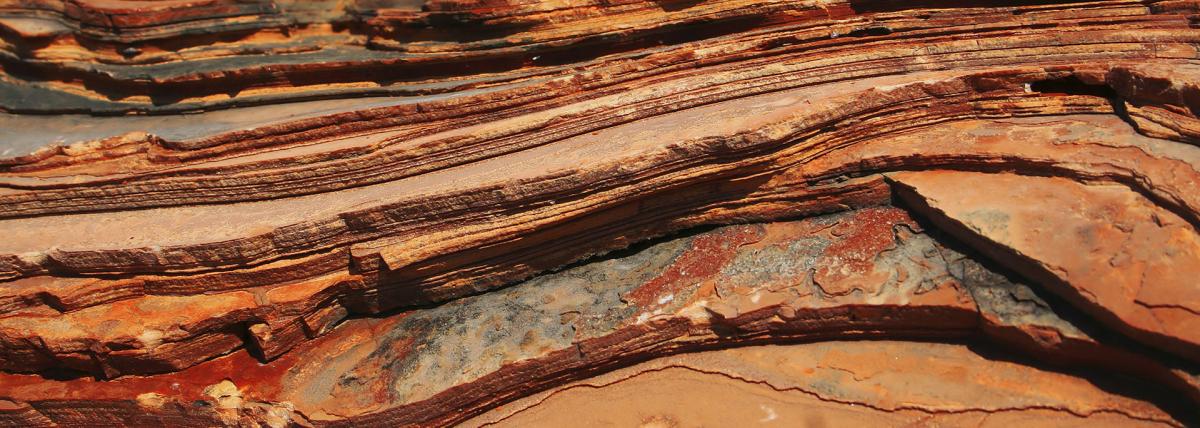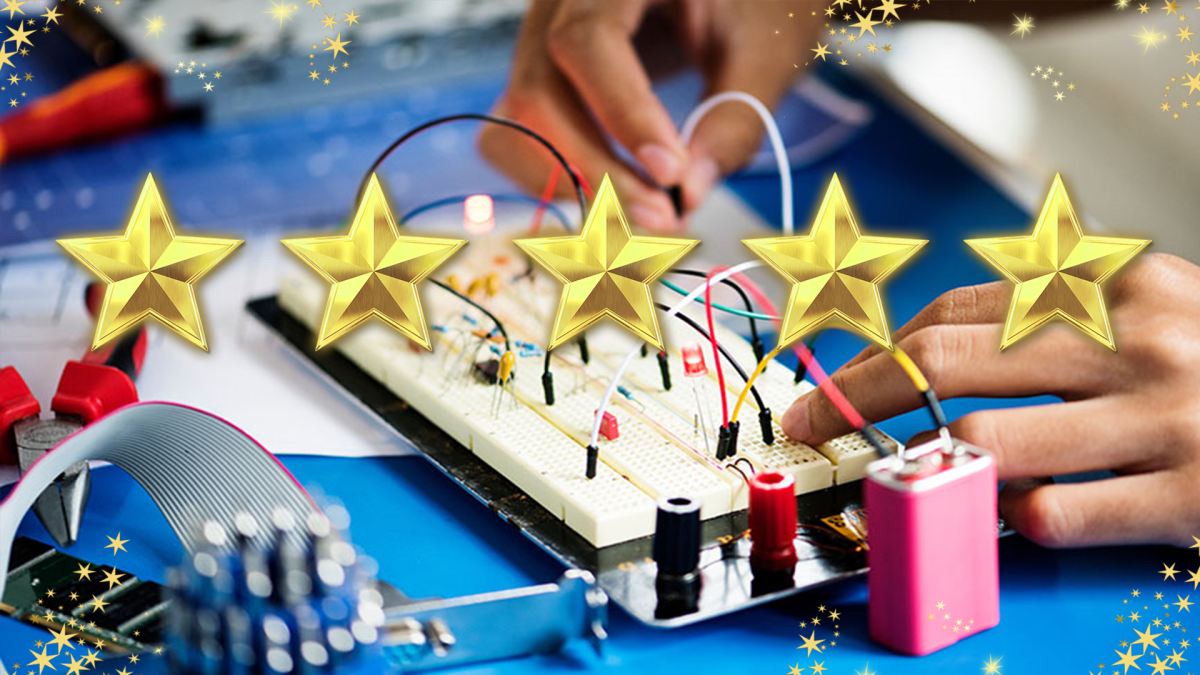Grades:
6th Grade
In this hands-on lesson, students will construct a paper windmill. They put it to the test by using a fan to see how their fan holds up to the wind. This is a great way to cover science, engineering
Grades:
5th Grade
In this engaging lesson, students work together to design a water filtration system to separate pollutants from water. This lesson takes about 120 minutes to complete. Various resources are included!
Grades:
5th Grade
This hands-on lesson covers balanced and unbalanced forces. Students use the skills they have already been taught to apply them to a real-world situation involving rockets. You will need 500mL bottles
Grades:
7th Grade
Students will learn the parts of the microscope, how to calculate the magnification, how to focus the microscope, as well as draw what they see in the field of view. Students will also write their
Grades:
9th Grade, 10th Grade, 11th Grade, 12th Grade
Using the Introduction to Hydroponics lab, introduce students to the features of the Hydroponic Systems. Students will explore the different types of grow mediums and grow lights used in the systems
Grades:
7th Grade
Students in this lesson will be recording weather data for the city that each student has chosen for 2-3 weeks. Students will be able to record and analyze weather patterns for a selected city
Grades:
4th Grade
In this hands-on lesson, students will construct a model of a volcano and produce lava flows. They will also observe, draw, record, and interpret the history and stratification of an unknown volcano
Grades:
6th Grade, 7th Grade, 8th Grade
This is an 8-lesson unit that is designed to be used together to learn about the health and diversity of your local watershed by placing leaf packs into a water source (natural or man-made ponds
Grades:
6th Grade
Students will be thinking like engineers as they design their marble roller coasters using the principles of kinetic and potential energy.
Grades:
6th Grade
This is the first lesson is a series of 2 for the egg drop challenge. Students will work in groups to design and test an egg drop capsule. Students will keep a budget and fill out a data and
Grades:
5th Grade, 6th Grade, 7th Grade, 8th Grade
In this engaging lesson students are introduced to the key computational concept of variables using Edison robots and the Scratch-based programming language EdScratch4. Variables, which can be created
Grades:
Kindergarten, 1st Grade
Students build the tallest beanstalk they can with the provided materials. They then measure it and compare their beanstalk heights. This pairs perfectly with a read aloud of Jack and the Beanstalk!
Grades:
6th Grade, 7th Grade, 8th Grade
In this hands-on lesson, students use fruit snacks or candy to create models of the molecules used and produced in cellular respiration.
Grades:
6th Grade, 7th Grade, 8th Grade
This is an 8-lesson unit that is designed to be used together to learn about the health and diversity of your local watershed by placing leaf packs into a water source (natural or man-made ponds
Grades:
8th Grade, 9th Grade
Make quadratics come alive with stomp rockets! This is a 3-4 hour learning experience where students will build and launch paper rockets, then use the data to create quadratic equations.
Grades:
6th Grade, 7th Grade, 8th Grade
This hands-on science lesson will help students get a more accurate view of the solar system by making a scale model with play dough, balloons, rulers, and tape!
Grades:
5th Grade, 6th Grade, 7th Grade, 8th Grade
In this hands-on lesson students review the Edison robot and coding in Edscratch. They will then work together to solve math problems and then code the Edison robot to match their solution to the math
Grades:
3rd Grade
This lesson is the initial planning, sorting, and planting lesson to get Our Plot of Sunshine Curriculum started within a 3rd grade classroom. Can be modified for other grades, but math within this
Grades:
6th Grade, 7th Grade, 8th Grade
In this engaging lesson, students will examine the surface of the Moon to consider hazardous conditions that NASA may find there. Then, they will investigate several hazards (dust, boulders, and
Grades:
3rd Grade
Students will tend to their garden boxes and observe the plants that are starting to grow. Students will take measurements and start a graph on growth throughout the growing cycle of their garden
Grades:
4th Grade
Students will be able to design a method of protection for the Earth’s land that would withstand the impact of rainfall on soil and prevent erosion. Students will discover that the soil with
Grades:
6th Grade, 7th Grade, 8th Grade
This is an 8-lesson unit that is designed to be used together to learn about the health and diversity of your local watershed by placing leaf packs into a water source (natural or man-made ponds
Grades:
1st Grade
In this hands-on lesson, students will listen to "The Water Princess" by Susan Verde and then create their own water filtration system in a small group. Students will consider questions like, "How can
Grades:
4th Grade
In this STEM Challenge, the student’s task is to build a car that is powered only by the force (push or pull) of a pair of magnets. Students experience push and pull first-hand as they construct their
Featured Lesson Plans
Check out these notable lesson plans.

Grades:
4th Grade
This interactive 4th-grade lesson plan focuses on erosion and weathering, key concepts in understanding Earth's geology. In "Dynamic Earth," students use an interactive simulation to explore how

Grades:
4th Grade
Explore Coal Mine Canyon's wonders! Watch a documentary, read about geology, draw the canyon, and use tech to learn about geological layers. Fun, interactive learning awaits!

Featured
Makey Makey with The Bionic Kid
Grades:
4th Grade
Imagine how cool it would be to build a video game controller out of bananas! In this engineering design challenge, you will learn how to use everyday items and a Makey Makey kit to design a
